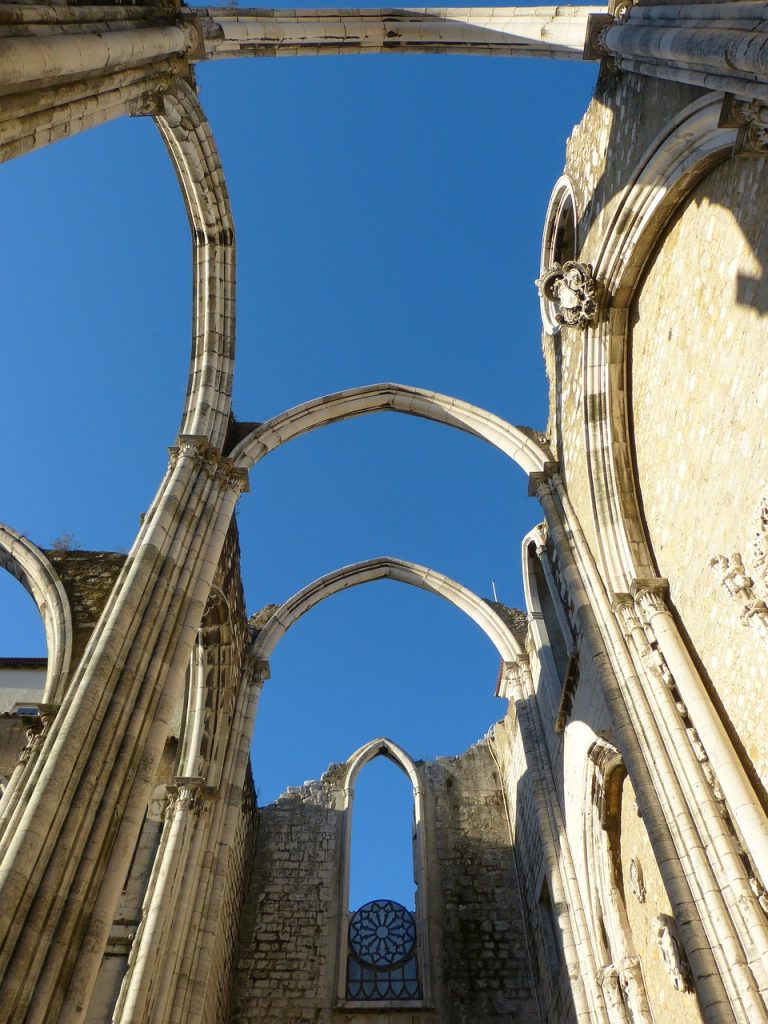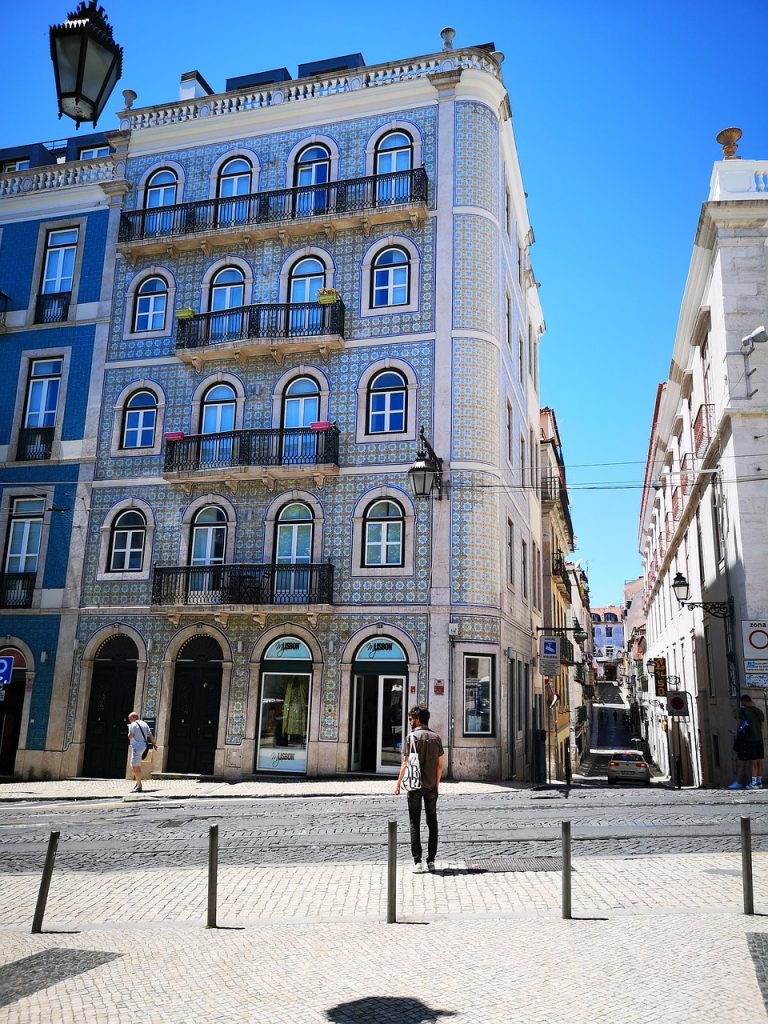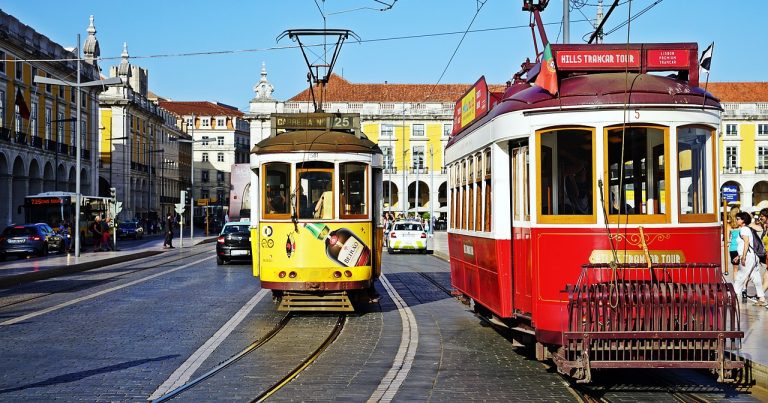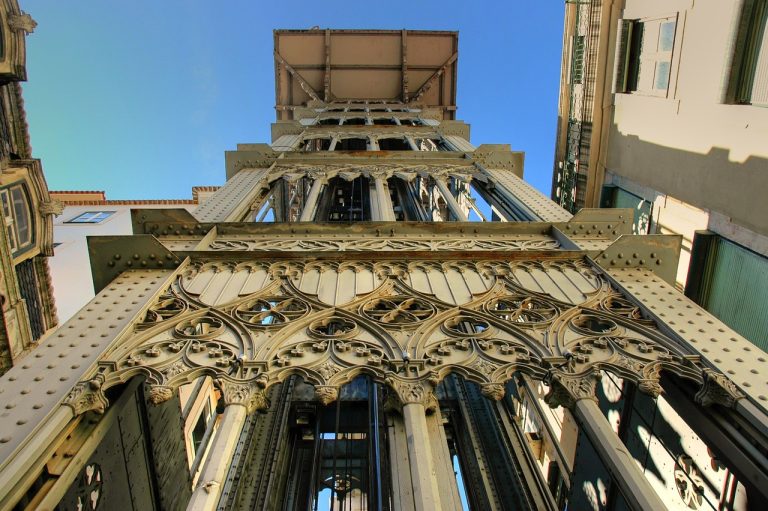Lisbon Portugal Video
Social and Cultural Impact of Lisbon Portugal
Lisbon, the capital city of Portugal, has a rich social and cultural heritage that has shaped the city into what it is today. From its historical landmarks to its vibrant neighborhoods, Lisbon offers a unique blend of traditions, art, and modernity. In this article, we will explore the social and cultural impact of Lisbon Portugal across various aspects.
History and Architecture
- Historical Landmarks: Lisbon is home to numerous historical landmarks that reflect its rich history. Some notable landmarks include the Belem Tower, Jeronimos Monastery, and Sao Jorge Castle. These iconic structures represent different architectural styles and have become symbols of Lisbon’s heritage.
- Art Nouveau and Art Deco: Lisbon showcases a significant influence of Art Nouveau and Art Deco architecture. Buildings like the Eden Theater and the Capitólio Theater exhibit the elegance and artistic flair of these styles, contributing to the city’s cultural landscape.
- Post-earthquake Reconstruction: The devastating earthquake of 1755 led to the reconstruction of Lisbon, resulting in the emergence of the Pombaline style. This architectural style, characterized by symmetrical buildings and earthquake-resistant structures, can be seen in downtown Lisbon.
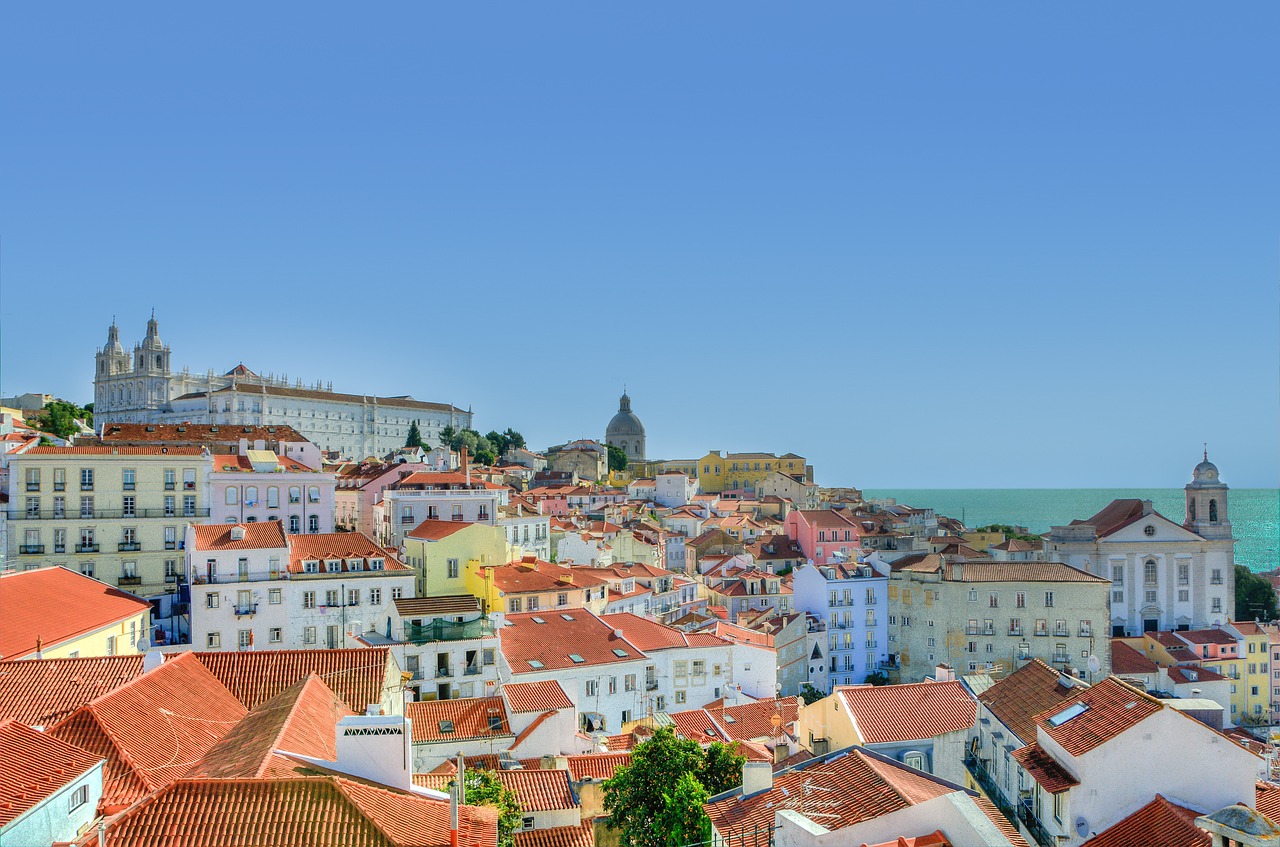
Neighborhoods and Street Art
- Alfama: Alfama is one of the oldest neighborhoods in Lisbon, known for its narrow streets, colorful houses, and Fado music. It preserves the traditional aspects of Lisbon’s culture and offers a glimpse into the city’s past.
- Bairro Alto: Bairro Alto is a bohemian neighborhood famous for its vibrant nightlife and street art. The walls of Bairro Alto are adorned with colorful graffiti and murals, showcasing the artistic expressions of local and international artists.
- Chiado: Chiado is a trendy neighborhood filled with elegant boutiques, cafes, and theaters. It has been a cultural hub for intellectuals and artists throughout history, and its vibrant atmosphere continues to attract visitors.
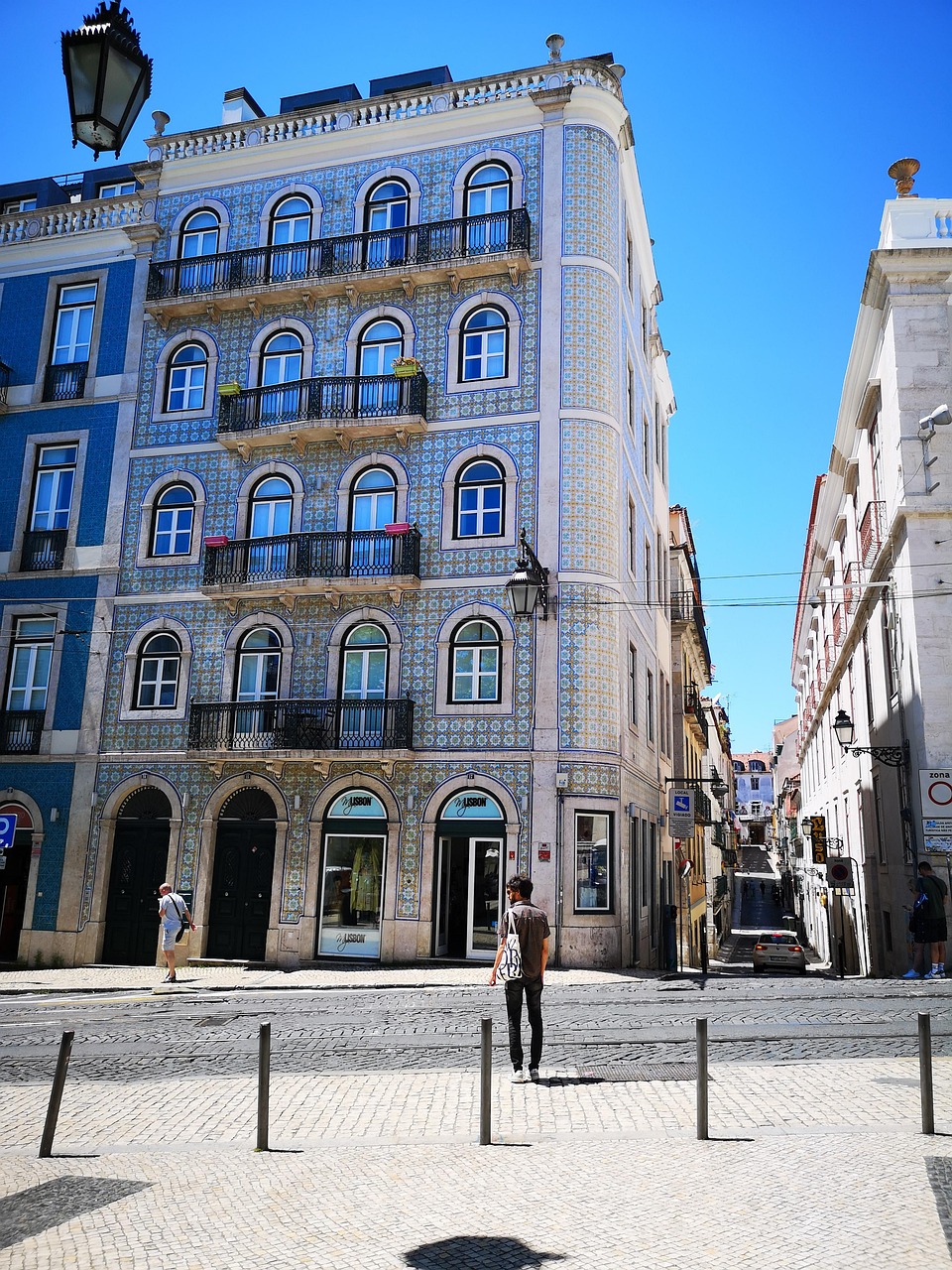
Gastronomy and Wine
- Pasteis de Nata: The iconic Portuguese custard tarts, known as Pasteis de Nata, are a must-try delicacy in Lisbon. These sweet treats originated in the city and can be found in traditional bakeries and cafes throughout Lisbon.
- Bacalhau: Bacalhau, or salted codfish, is a staple in Portuguese cuisine. Lisbon offers a wide variety of traditional Bacalhau dishes, each with its unique preparation and flavors.
- Portuguese Wine: Lisbon’s proximity to renowned wine regions like the Douro Valley and Alentejo contributes to its vibrant wine scene. Visitors can explore local wine bars and enjoy a taste of Portuguese wines, including Vinho Verde and Port.
Music and Festivals
- Fado: Fado is a traditional Portuguese music genre that originated in Lisbon. It is characterized by mournful melodies and poetic lyrics, often expressing themes of longing and nostalgia. Lisbon’s Fado houses offer authentic performances, allowing visitors to immerse themselves in this soulful music.
- Santo Antonio Festival: The Santo Antonio Festival is one of Lisbon’s most popular festivals, celebrated every June. It honors Lisbon’s patron saint, Santo Antonio, with processions, music, street parties, and traditional food.
- Lisbon Under the Stars: Lisbon Under the Stars is an annual event that transforms historical sites into immersive experiences combining music, light shows, and storytelling. This unique event brings together art and culture in a mesmerizing way.
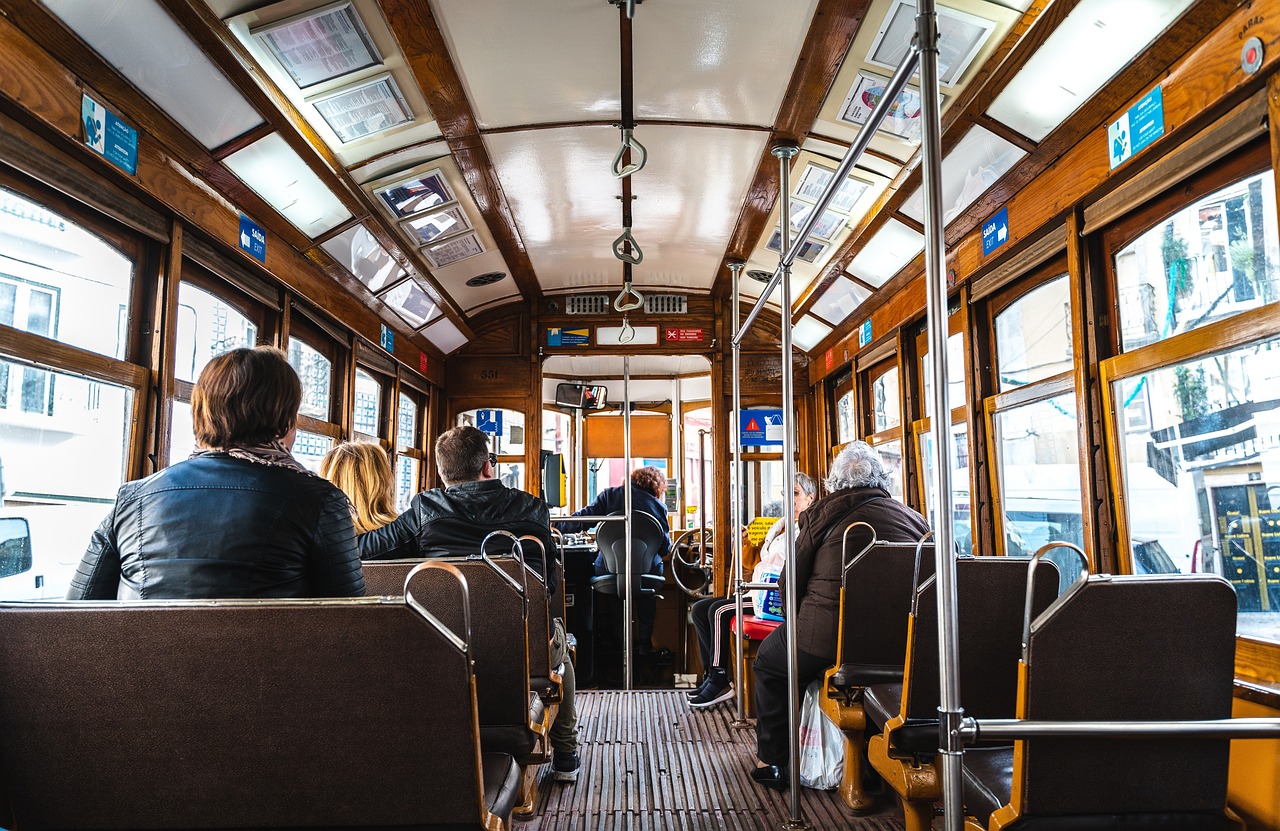
Education and Innovation
- Universities: Lisbon is home to prestigious universities like the University of Lisbon and the New University of Lisbon. These institutions contribute to the city’s intellectual and cultural development, attracting students from all over the world.
- Start-up Scene: Lisbon has emerged as a hub for tech start-ups and innovation. The city’s supportive ecosystem and initiatives like Web Summit have fostered a vibrant start-up culture, making Lisbon a destination for entrepreneurs and tech enthusiasts.
- Creative Industries: Lisbon’s creative industries, including design, fashion, and film, have flourished in recent years. The city provides a platform for artists and creatives to showcase their work, contributing to its cultural diversity.
Green Spaces and Sustainability
- Parque das Nações: Parque das Nações, the former site of the Expo ’98, is now a modern district with extensive green spaces. The park offers recreational areas, gardens, and a riverside promenade, providing residents and visitors with a tranquil escape.
- Urban Gardens: Lisbon promotes urban gardening initiatives, encouraging residents to grow their own food and create green spaces within the city. These community gardens contribute to sustainability and enhance the quality of life in Lisbon.
- Cycling Infrastructure: Lisbon has been investing in cycling infrastructure, including bike lanes and rental services. This promotes sustainable transportation and encourages a healthier and greener lifestyle.
Tourism and Cultural Exchange
- Historical Tourism: Lisbon’s rich history and architectural treasures attract tourists from around the world. Visitors can explore the city’s historical landmarks, museums, and cultural sites, experiencing the unique blend of past and present.
- Local Markets: Lisbon’s local markets, such as Mercado da Ribeira and Feira da Ladra, offer a glimpse into the city’s vibrant culture and culinary scene. These markets bring together locals and tourists, promoting cultural exchange and supporting local artisans.
- Street Festivals: Lisbon hosts various street festivals throughout the year, celebrating music, art, and local traditions. These festivals showcase the city’s cultural diversity and provide opportunities for visitors to immerse themselves in the vibrant atmosphere.
Conclusion
Lisbon Portugal is a city that embraces its social and cultural heritage while embracing innovation and modernity. Its historical landmarks, vibrant neighborhoods, gastronomy, music, and festivals contribute to its unique identity. Lisbon’s commitment to sustainability, education, and creativity further enhances its social and cultural impact. Whether exploring its architectural wonders, indulging in local delicacies, or immersing oneself in its artistic expressions, Lisbon offers a captivating experience that leaves a lasting impression.
References
- visitlisboa.com
- culturetrip.com
- timeout.com
- theculturetrip.com
- universidadeaberta.pt
- websummit.com


